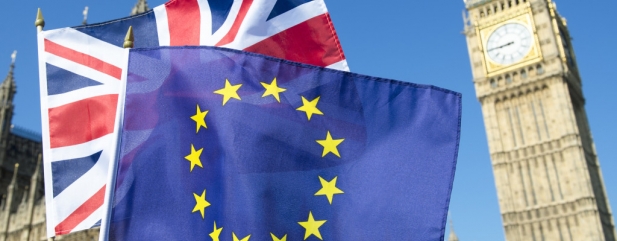EasyJet (EZJ) is the only London-listed airline yet to meet shareholding rules to ensure it maintains the right to fly within the European Union after Brexit.
Operating licences to fly between locations within the bloc are reserved for airlines owned more than 50% by European Economic Area (EEA) or Swiss nationals. Therefore airlines must be majority owned by this group once Britain leaves the EU in order to keep flying within the bloc.
A grace period for the industry will run until 26 October 2019 to comply with the rules, according to a spokesperson for Wizz Air (WIZZ).
Information issued by Dart Group (DRT:AIM), International Consolidated Airlines (IAG), Ryanair (RYA) and Wizz Air since last summer would suggest they all qualify for the rules.
EEA nationals currently represent only 49% of EasyJet’s shareholder base. Chairman John Barton says the airline may suspend a small number of shareholders’ voting rights if it cannot exceed the 50% level. If this happens, the most recent non-EU investors in the airline may be among the first forced to sell shares to European investors.
Ryanair says UK nationals will not be allowed to buy its shares if we get a ‘hard Brexit’. In this situation all existing shares owned by non-EU shareholders will be imposed restrictions meaning they can’t attend or vote at any shareholder meetings. These restrictions will be held in place until Ryanair is happy there is no longer a risk to its airline licences.
International Consolidated Airlines recently imposed a 47.5% cap on the amount of shares non-EU investors can buy. The decision has led to the airline’s removal from several MSCI global equity indices which require a sufficient amount of shares are available for foreign investors. This doesn’t affect its position in FTSE’s UK indices.
Under International Consolidated Airlines’ policy, an existing investor being forced to sell shares can make their case to the board. If the investor fails to convince the board, the company may acquire their shares.
If an airline has restrictions on buying shares, investors will usually be flagged by investment platforms which will look at their nationality to ensure they are eligible to invest. If an individual is not eligible, the trade will not go through.
‹ Previous2019-03-14Next ›

 magazine
magazine









